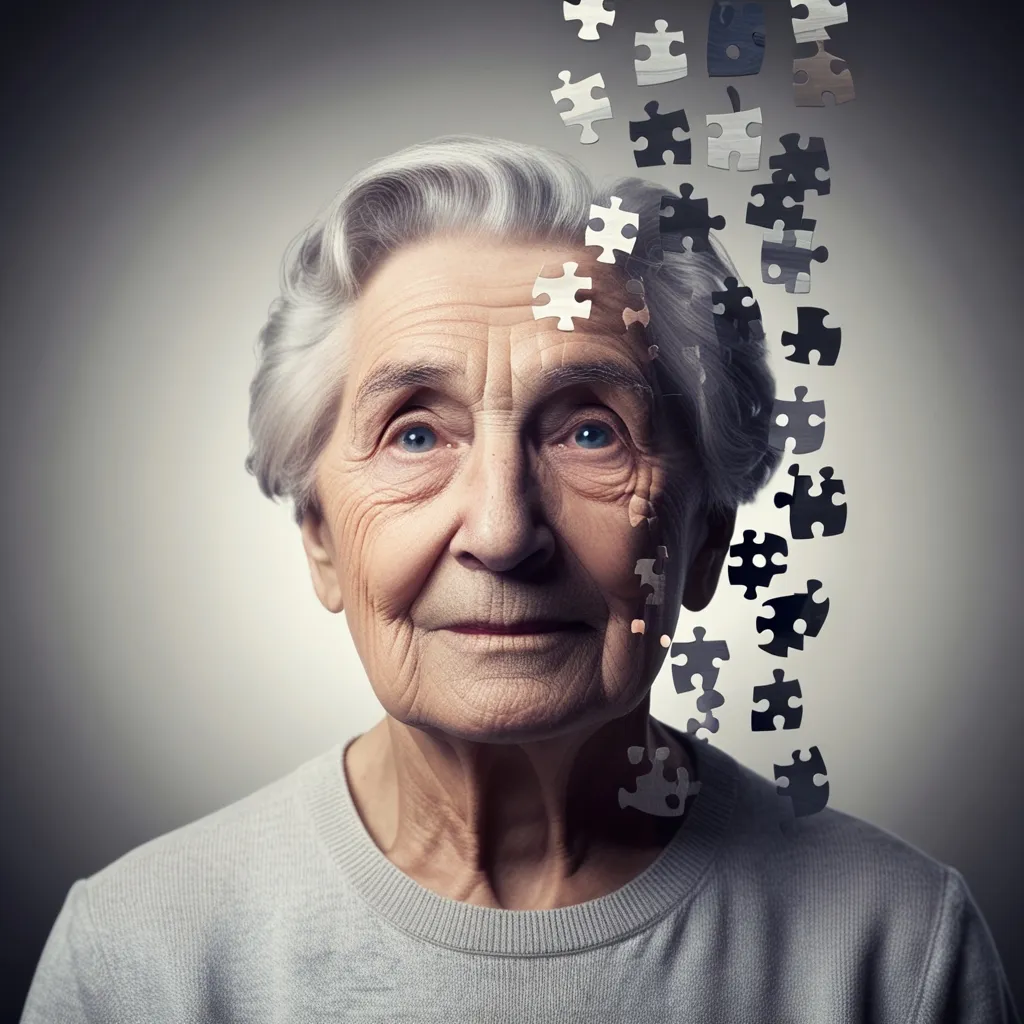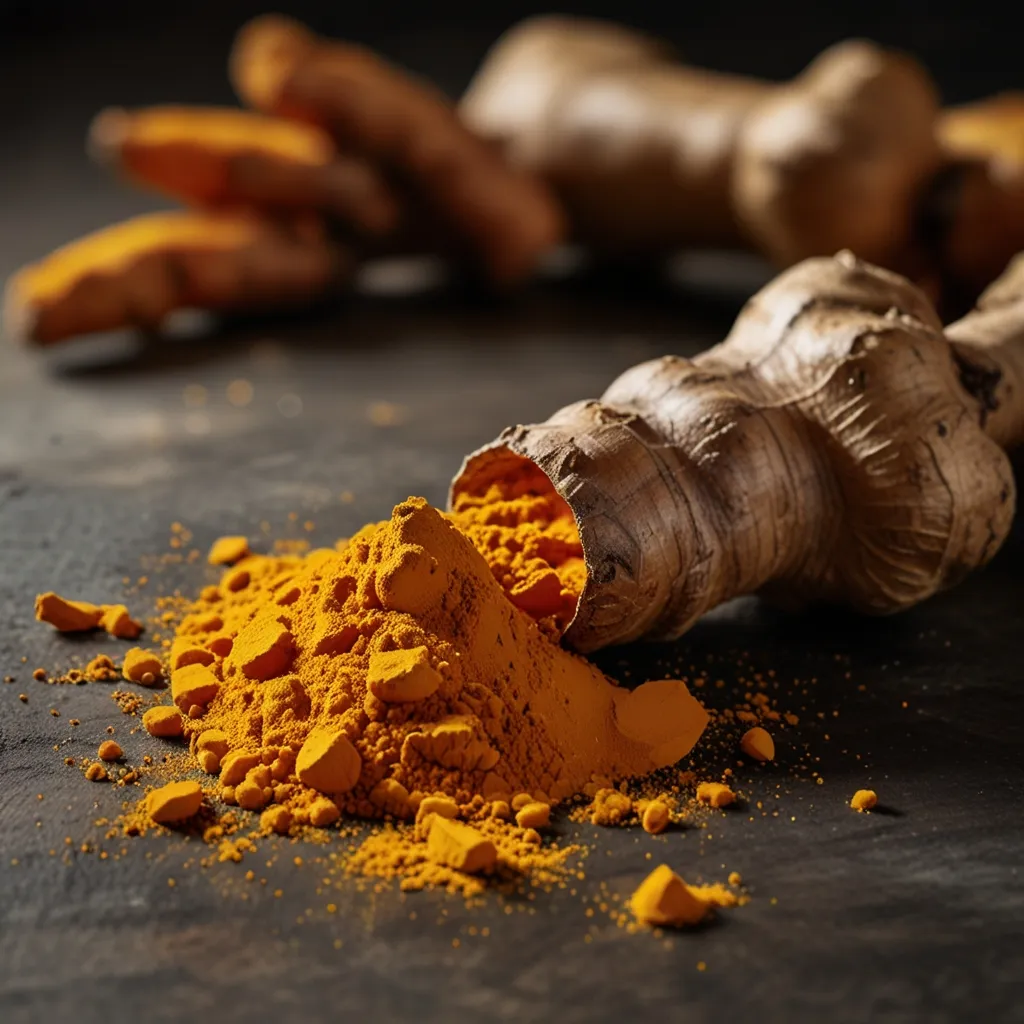Alzheimer’s disease is a daunting subject, one that leaves its mark on individuals and their families. It’s known as the most common cause of dementia, making up about 60-80% of cases. With Alzheimer’s, memory, thinking, and behavior take a significant hit. Let’s delve into the details, and keep it light yet comprehensive.
Alzheimer’s isn’t just something that happens as we grow old. Sure, the risk goes up with age, and most people with Alzheimer’s are 65 or older, but younger folks can get it too. When younger people are diagnosed, it’s referred to as younger-onset or early-onset Alzheimer’s.
What really characterizes Alzheimer’s? The death of brain cells, plain and simple. And as these cells die, thinking and memory take a nosedive. The key culprits are plaques and tangles in the brain. They mess with the neurons – the brain’s nerve cells, leading to a breakdown in how information is passed around the brain and to other parts of the body.
You’ll notice Alzheimer’s first with memory problems. Early on, it just feels like forgetfulness – misplaced keys, forgotten names. But over time, it gets worse. Soon, people find it hard to remember recent events or conversations. Asking the same questions repeatedly, forgetting important dates, and misplacing things become more frequent.
It’s not just about memory. Cognitive decline is another big part of Alzheimer’s. Figuring out complex problems, managing finances, and making decisions all become harder. Even daily tasks like dressing or cooking can turn into big challenges. Reasoning skills take a hit too – understanding risks and safety or managing money can go out the window.
Alzheimer’s isn’t a one-size-fits-all condition. It progresses through stages, each bringing new challenges.
In the mild stage, memory loss and cognitive difficulties increase. People might begin to wander, get lost, struggle with finances, or show changes in personality. This is often when a diagnosis is made.
In the moderate stage, things get worse. The brain damage spreads, affecting language, reasoning, and sensory processing areas. Memory problems and confusion grow, making multi-step tasks quite difficult.
By the severe stage, the brain damage is widespread. Daily tasks become nearly impossible to do alone. Speaking, swallowing, and walking might become significant challenges.
When diagnosing Alzheimer’s, it takes a village. It starts with a trip to the family doctor, driven by daily life struggles like memory loss, disorientation, or mood swings. The diagnosis involves examining clinical symptoms, running neuropsychological tests, and using medical imaging to spot amyloid plaques or brain atrophy.
While there’s no cure for Alzheimer’s, treatments can manage the symptoms and boost quality of life. Medications like cholinesterase inhibitors (donepezil, galantamine, rivastigmine) and memantine are helpful. They improve neural communication and slow symptom progression.
Cognitive therapy and lifestyle changes also play critical roles. Memory training and engaging activities can enhance daily living. Keeping active, eating right, not smoking, and managing blood pressure, cholesterol, and blood sugar all help reduce dementia risks. Mental and social engagement – reading, dancing, attending social events – also help keep the brain sharp.
It’s important to note, though, that you can’t completely prevent Alzheimer’s. Living a healthy lifestyle, as the World Health Organization suggests, can lower the risk. This includes regular physical activity, a balanced diet, keeping weight in check, avoiding smoking, and limiting alcohol.
For those dealing with Alzheimer’s, social and emotional support is crucial. It’s tough on patients, but it’s also rough for families and caregivers. Finding psychological support through online communities, message boards, and action plans can make a difference. Activities like art, exercise, and cognitive therapy can help patients remain independent and connected to their loved ones.
Alzheimer’s is not just a personal issue; it’s a global concern. Around 55 million people worldwide are affected, and that number is only expected to grow – 82 million by 2030 and 152 million by 2050. The economic burden is hefty, with dementia costing roughly 1.3 trillion US dollars in 2019. In many places, like the United States and France, Alzheimer’s is a leading cause of disability among old folks.
In conclusion, Alzheimer’s disease is a complex, multifaceted condition that demands a comprehensive approach to management. Although there’s no cure yet, early diagnosis, medication, cognitive therapy, and lifestyle adjustments can significantly improve life quality for those affected. By understanding its symptoms, stages, and treatments, we can better support individuals with Alzheimer’s and their caregivers, working towards a future where this disease is less daunting and more manageable.






